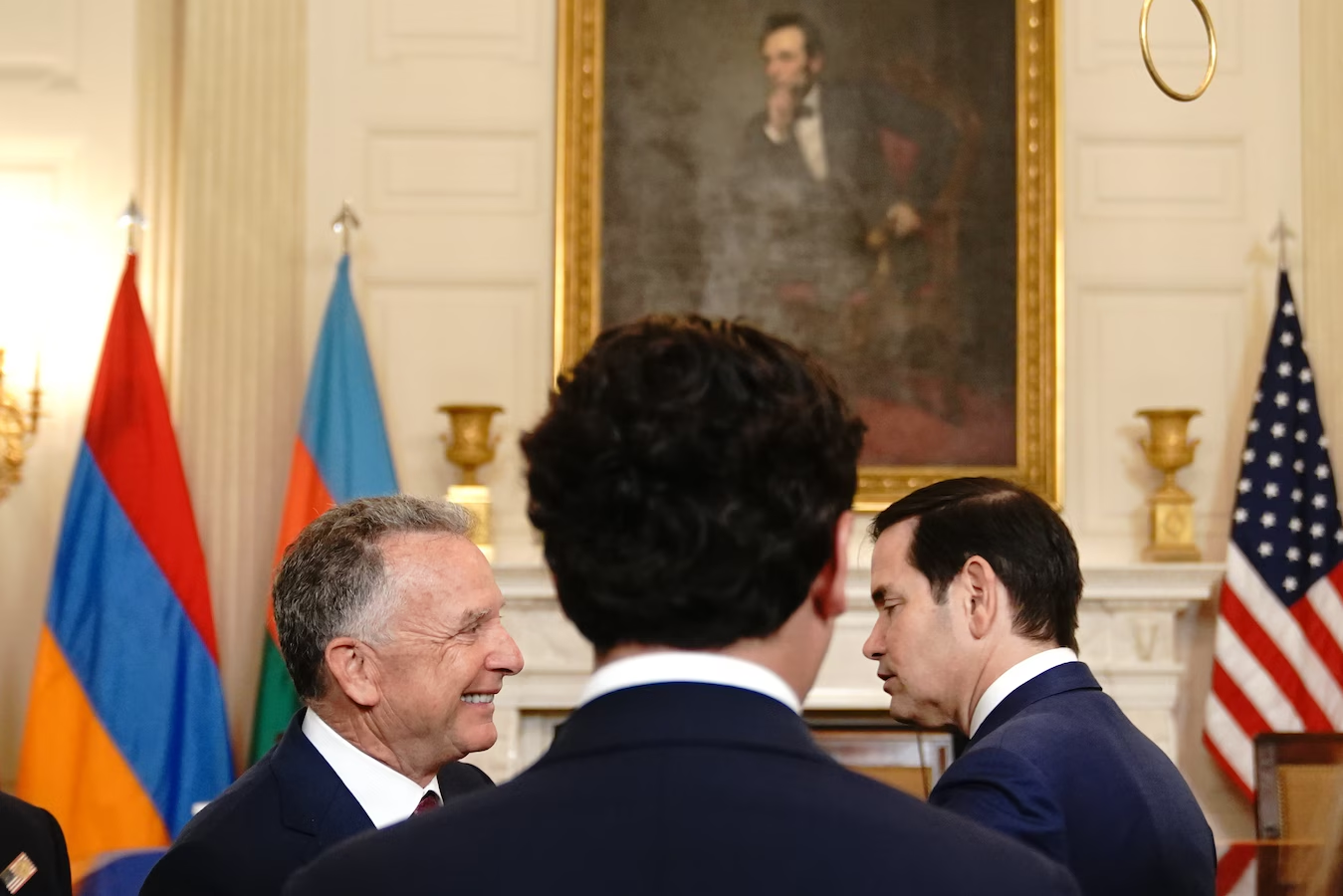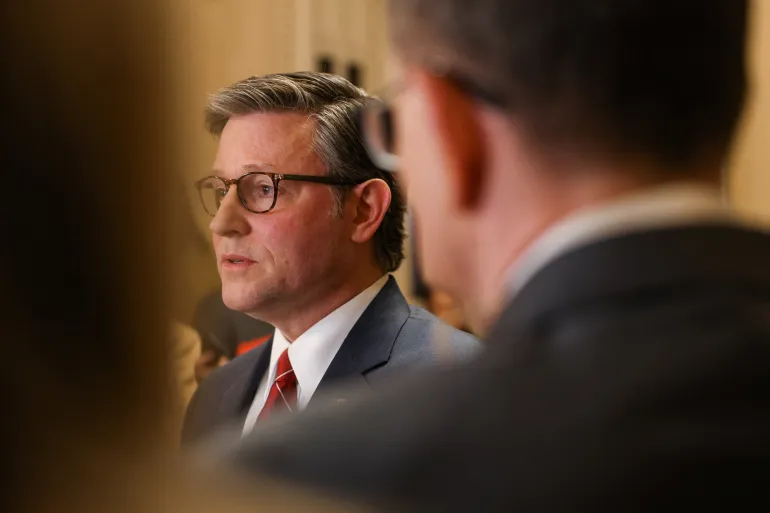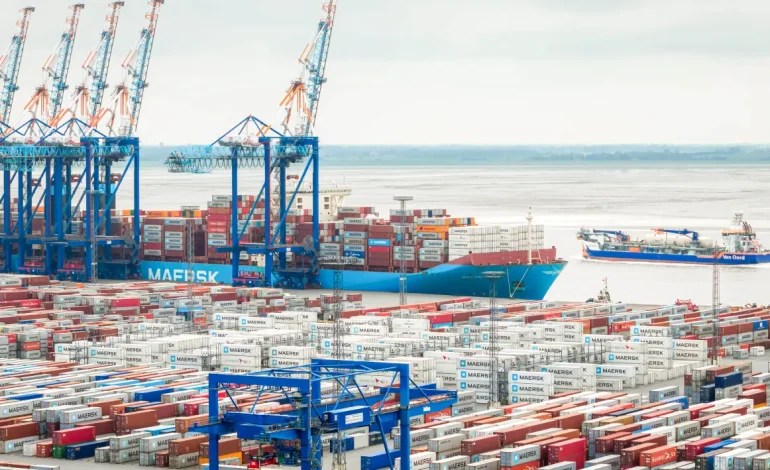After a brief growth spurt earlier this year, the European economy is back to barely moving. The eurozone posted just 0.1% growth in the second quarter of 2025, according to new data from Eurostat. That’s down sharply from 0.6% growth in the first quarter — a number many now see as inflated by companies scrambling to ship goods ahead of US tariffs.
Now, with those front-loaded exports in the rearview mirror and a fresh 15% US tariff hitting European goods under a new trade deal, the outlook for the rest of the year is… let’s just say uninspiring.
Europe’s biggest economy, Germany, shrank by 0.1%, with analysts pointing to weak investment and a sluggish export sector as key culprits. In fact, Germany’s economic output is roughly where it was pre-pandemic — six years ago.
Economist Franziska Palmas from Capital Economics said Germany will likely suffer more than other countries from the new tariffs, especially since it’s heavily reliant on global trade and still battling issues like high energy costs, outdated infrastructure, and stiff competition from China.
The good news? Germany’s new government under Chancellor Friedrich Merz just approved a record-setting 2026 budget that boosts infrastructure and defense spending — a move economists hope will spark some long-overdue growth starting next year.
Why the sudden slowdown? Blame it on what analysts are calling the “tariff hangover.” The big Q1 bump came from businesses racing to get shipments out before President Trump’s trade crackdown kicked in. That urgency is gone now, and with it, the momentum.
The newly inked EU-US trade agreement, while avoiding a full-blown trade war, locks in a 15% tariff on many European exports. Some sectors, like autos, got slight relief, but others—steel, aluminum, and consumer goods—weren’t so lucky.
Palmas estimates the tariffs could shave 0.2% off the eurozone’s GDP in 2025. That’s not catastrophic, but it’s enough to keep growth sluggish.
It wasn’t all doom and gloom. Some countries held their ground or even surprised:
- Spain: +0.7% — still the regional overachiever
- France: +0.3%, buoyed by auto and aircraft inventory growth
- Italy: -0.1%, echoing Germany’s downturn
- Ireland: Continued to outperform, though specific numbers weren’t highlighted
Overall, annual growth was 1.4%, beating the 1.2% expected — but again, much of that strength comes from Q1.
The European Central Bank has already halved interest rates over the past year, and this latest data could influence whether more cuts are coming. Investors are split — some expect no more cuts this year, while others think sluggish growth could push the ECB to act again.
The decision may also hinge on inflation, which remains a wild card. If China, still without a trade deal with the U.S., starts dumping cheap exports into global markets, it could lower prices in Europe and reignite fears of pre-pandemic-style deflation.
What to Watch:
- Final details on the EU-US trade deal, which are still being ironed out;
- Germany’s spending rollout and whether it actually boosts growth;
- China-US trade talks, which could send ripple effects through Europe;
- ECB rate decisions, as officials walk the tightrope between inflation and stagnation.
With input from CNBC, the Associated Press, and Reuters.










The latest news in your social feeds
Subscribe to our social media platforms to stay tuned